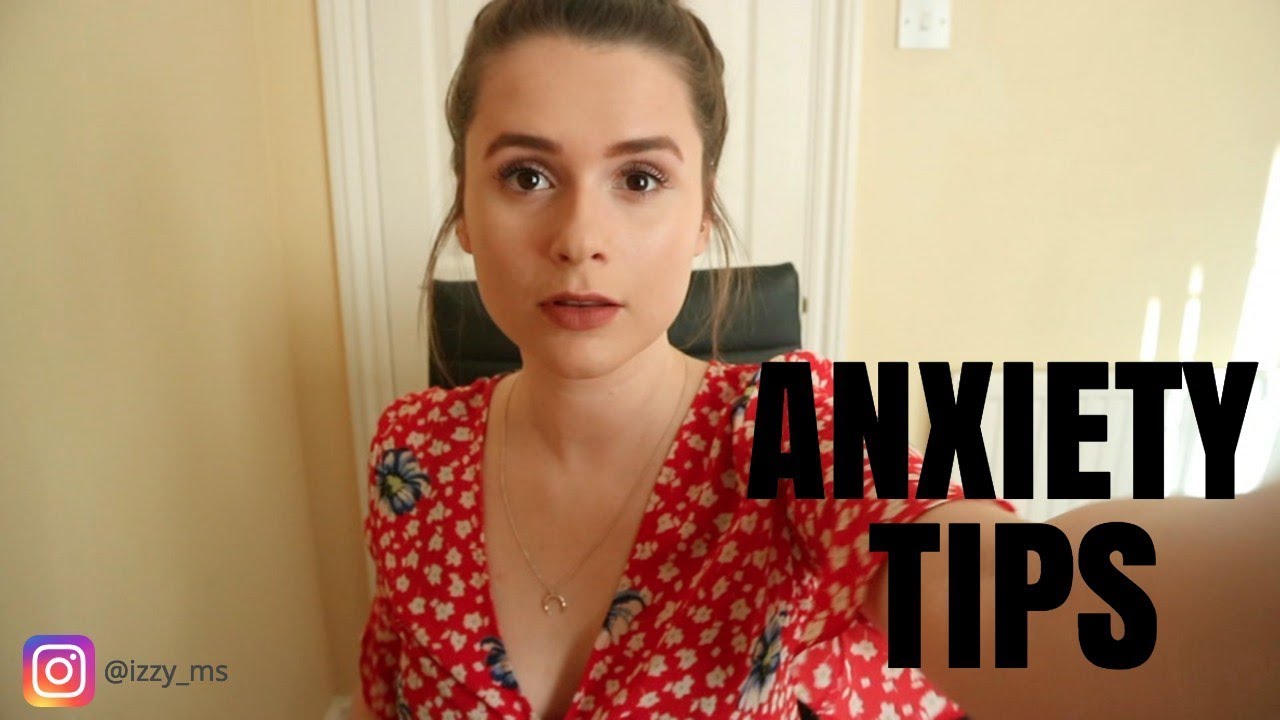In the UK, 1 in 6 people experience a common mental health issue each week, with anxiety being one of the most common problems. When anxiety becomes chronic it can develop into an anxiety disorder such as panic disorder. This condition affects roughly 1 in 200 people in the UK and can be extremely frightening and crippling for the person going through it. Medication is the most common form of treatment for it, but something else that can have a hugely positive impact is music. Whether you listen to music or actively participate in it, the potential for music to calm your mind and lessen the frequency or severity of panic attacks is striking.
When does stress need to be addressed?
Some level of stress in our lives is important as it forms part of ‘the fight or flight’ stimulus that can force us to ‘get things done.’ However, panic disorder causes you to become consumed by anxious thoughts regularly, to the point where your daily life is being impacted detrimentally. This is when you need to address your mental health properly.
How music helps panic disorder
The emotional power of music cannot be overstated. Listening to music prompts the release of dopamine, a neurotransmitter within the brain that regulates our emotional responses, among other things. High levels of dopamine can keep us motivated and happy, helping to alleviate anxiety and replace it with positive thoughts. In the case of people with panic disorders, it can be particularly helpful to listen to a soothing or upbeat piece of music, as research shows that our moods can mimic those portrayed in songs or musical arrangements.
The power of song for panic disorder
Studies have shown the positive effect of singing on panic disorder and other anxiety-related conditions. Singing in a group is particularly effective, as it is less intimidating than singing alone, and helps create a sense of belonging, boosting your self-esteem in the process. Meanwhile, the deep breathing that comes with singing increases oxygen and blood flow around the body, releasing the ‘happy hormones’ oxytocin and endorphins.
Tackling panic disorder: the importance of reaching out to others
Living with panic disorder can be a traumatic and isolating experience. However, help is available. Seek medical advice as a starting point and consider undergoing therapy to help you address the root of your anxiety. Alongside these things, make room for music in your daily life – either by listening to it, singing or both. It really can make the world of difference.





